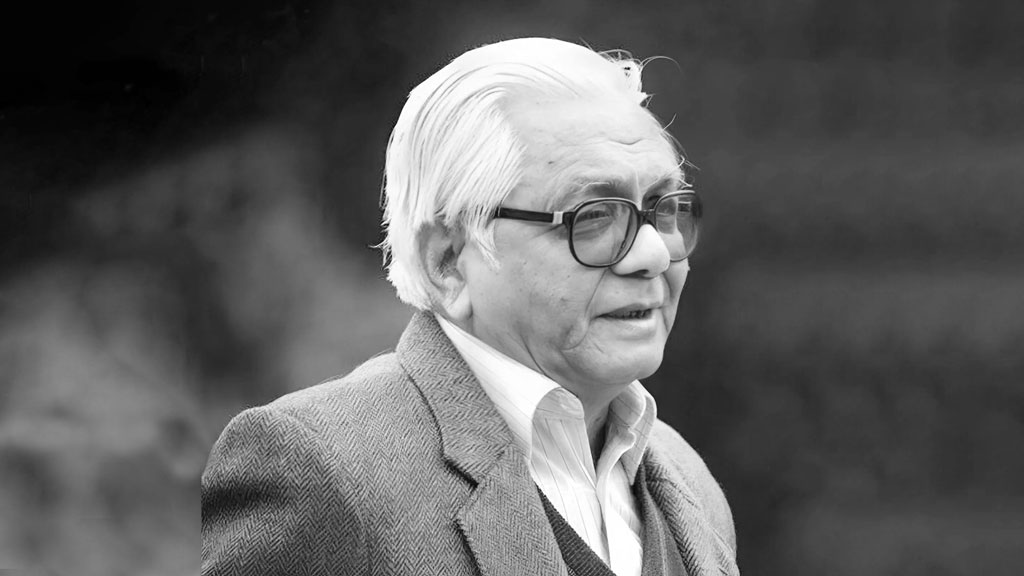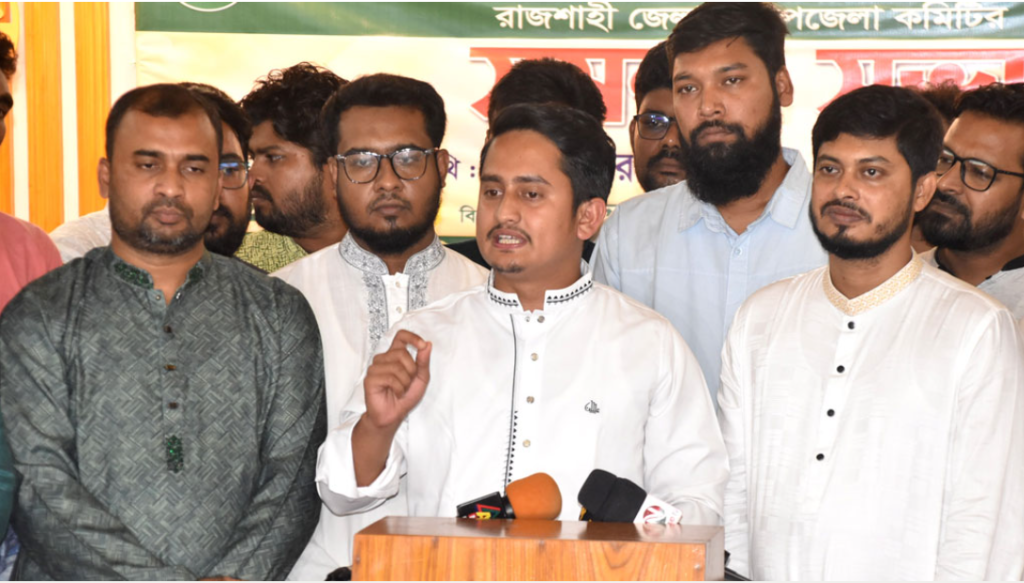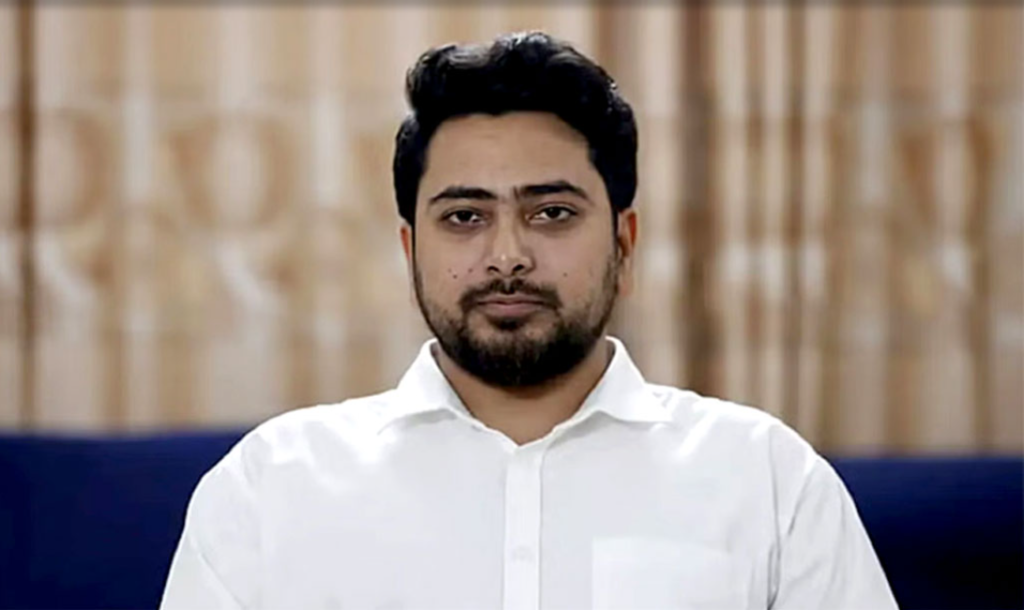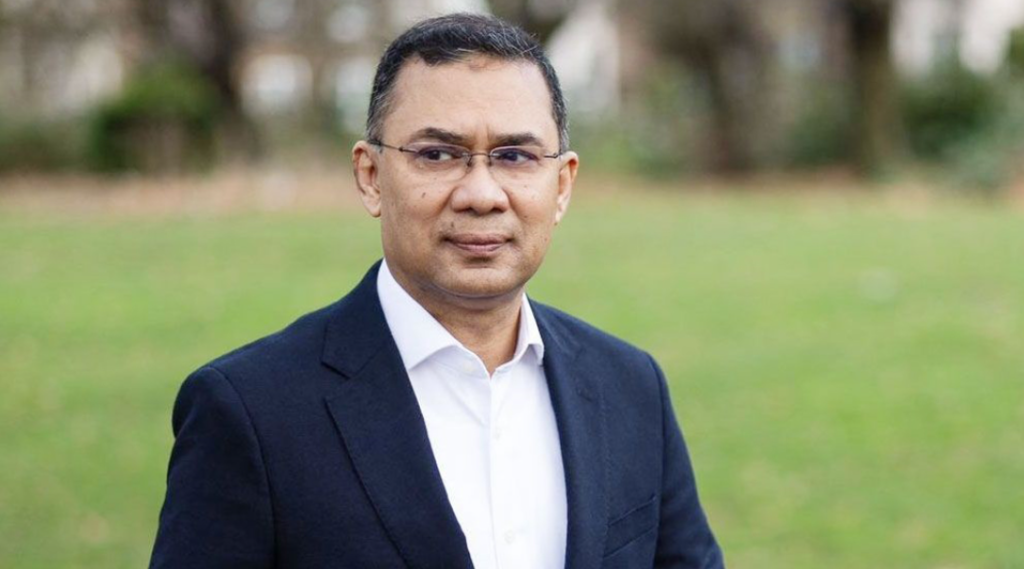Desk Reports:
Recently deceased writer and researcher Badruddin Umar said that Sheikh Hasina used the spirit of the Liberation War as if it were her family property. This spirit worked once – people were confused, carried away by emotions. But later it was seen that this spirit was captured as a result of her repressive policies and torture. Now she is 100% isolated from the people.
Badruddin Umar made these statements in his statement given to the investigation officer of the International Crimes Tribunal. Prosecution sources said that he was supposed to testify before the tribunal on the killings that took place across the country during the anti-discrimination movement. However, he died on Sunday morning before he could testify before the tribunal. Regarding his testimony, Prosecutor Gazi MH Tamim told reporters on Sunday that according to Section 19(2) of the Tribunal Act, if a witness dies after giving testimony to the investigation officer, the tribunal can accept it on the application of the prosecution.
Badruddin Umar said in his statement to the investigation officer that one of the most important features of Sheikh Hasina’s rule is authoritarian rule and looting under the guise of the spirit of the Liberation War. I am not even sure what this ‘spirit of the Liberation War’ actually means. Everyone keeps saying ‘spirit of the Liberation War’, but the real meaning of this spirit has never been clarified. If by spirit we mean what people dreamed of and wanted to achieve in 1971, then it can be said that there was no difference between the spirit of the common people and the spirit of the leaders and workers of the Awami League. The common people wanted two meals a day, a safe life, a respectable job, and a little security. But the people of the Awami League were thinking about how they would take advantage of the opportunity to create wealth and amass power.
He said that those who actually fought in 1971 were ordinary students, children of farmers and workers, and middle-class youth. None of the Awami League MPs, ministers, or student leaders had any role in the battlefield. Many of them were fugitives at the time. So the question is—whose consciousness is being referred to by the ‘spirit of the liberation war’? When Sheikh Hasina utters this, she speaks as if her consciousness and the consciousness of the people are the same. But in reality, her ‘consciousness’ has no connection with the aspirations of the people. Rather, it is a kind of party rhetoric through which she has tried to mislead the people. She has not given any opportunity for democratic practice in this spirit of the liberation war. Sheikh Hasina’s discourse on the liberation war has established such a ‘historical myth’ that Sheikh Mujibur Rahman is the only man of liberation, the only leader. However, the reality is that on March 25, 1971, Sheikh Mujib failed politically and surrendered to the Pakistani army. He was a prisoner in Pakistan during the Liberation War and knew almost nothing about the war for those nine months.
Badruddin Umar said, if there had been a truly impartial election, there is doubt about how many seats the Awami League would have won. Sheikh Hasina has established a kind of political landlordism with ‘consciousness’. She has not made any attempt to concretize or implement the liberation war. For her, it is just a rhetorical weapon. No one else in Bangladesh is seen working in this way with such recklessness. Sheikh Mujib was reckless, but there is a fundamental difference between his style of governance and Sheikh Hasina’s style of governance. Because even if it is true, Sheikh Mujib came from the people, came to politics through movement and struggle. He had long-standing political maturity. And Sheikh Hasina seemed to ‘fly in and sit down’. She came to power just by being Sheikh Mujib’s daughter. She did not have any political foundation or personal popularity of her own. She came to leadership as a ‘father’s daughter’, but she did not absorb any of Sheikh Mujib’s thoughts and consciousness. Rather, Hasina has destroyed the political values of the country.
Badruddin Umar further said that when Sheikh Hasina said that her father led the Liberation War, it seemed like the biggest distortion of history. But during her rule, no one could speak against this lie. The so-called ‘intellectuals’ who were established during her rule are the bearers of this distorted history. Apart from that, under Sheikh Hasina’s leadership, a system was established where Sheikh Mujibur Rahman was presented alone from textbooks to university theses. Starting from the school curriculum to all education and research, Sheikh Mujib has been placed in such a way that he is the only history of Bangladesh. In this situation, any democratic practice about the Liberation War—be it history, opinion, research—has been suppressed. If someone says something different, their job is lost, progress is stopped, they are harassed—sometimes even their lives are at risk. Overall, the ‘spirit of the liberation war’ as described by Sheikh Hasina and Sheikh Mujib has become a partisan, power-centric, one-sided narrative—which stands in opposition to democracy, truth, and history.
Regarding the oppression of minorities, Badruddin Umar said that another repressive strategy of the Awami League led by Sheikh Hasina was to use the rhetoric of communalism. The Awami League did not directly engage in the politics of religious discrimination much, but since 1972, the looting of houses and property of the Hindu community has started, and these acts were mainly done by the leaders and workers of the Awami League. People from Jamaat-e-Islami or BNP did not seize the property of Hindus in this way, as much as the leaders of the Awami League did. The ‘Enemy Property Act’ that existed during the Pakistani period should have been repealed after independence. But instead of doing so, the Awami League government converted it into the ‘Assigned Property Act’ and maintained it. As a result, the looting of property of the Hindu community continued. Despite claiming secularism, the Awami League was extremely communal at the economic level—they established the seizure of Hindu money and property as a structural and systematic process.
He said that although the Awami League has not used communalism much politically, it has used it as a tool for economic plunder. It has controlled the influential elite of society, civil society, bureaucracy, universities, business circles—everyone with a policy of suppression and rewards. Those who are loyal to the government have been given privileges. Those who have opposed have been dismissed, deprived, and even imprisoned. Sheikh Hasina’s 15-year rule has reached a stage where corruption under state control has become an organizational policy. Party leaders, workers, and family members have looted and smuggled thousands of crores of taka abroad—a scale not seen even during the British or Pakistani periods. As a result, the administration has completely collapsed. The evidence that the administrative structure has been destroyed became clear in 2024. Even in early August, the military refused to fire on Sheikh Hasina’s orders—because they understood that the days of this government were over.
He further said that there are still loyalists of Awami League in the administration, universities, media and intellectual circles. They are supporting it silently even if they do not say it openly. Although some of them say that ‘no party should be banned’, the reality is that Awami League is no longer an ordinary political party. It is working like a kind of Indian strategic agent. Sheikh Hasina’s government was engaged in protecting India’s interests from the beginning to the end. Although Sheikh Mujib was pro-India, he did not follow India’s instructions. But Sheikh Hasina’s regime was completely designed by India. In this situation, banning Awami League has become not a question of political policy but a question of national security. The activities of this party are against the political, economic and cultural interests of Bangladesh. It is working as an ‘India-prone’ structural agent, due to which the future of the state is in danger.




